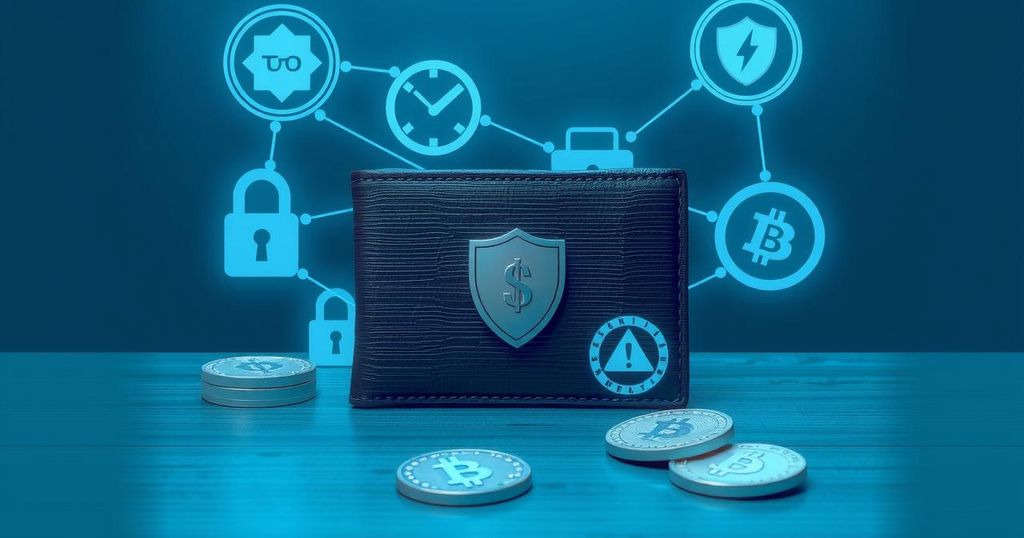Coinbase Hack: What Investors Need To Know and How To Secure Their Assets
On May 11, Coinbase was hacked, impacting about one million of its users’ sensitive personal data. Although hackers did not access funds or private keys, they obtained names, addresses, and Social Security numbers. Following this, traders are encouraged to adopt stronger security measures, such as using cold storage for assets, safeguarding private keys, and remaining vigilant against scams while monitoring their accounts regularly.
Coinbase, the prominent cryptocurrency exchange, recently fell victim to a significant hack on May 11, exposing sensitive data of about one million users. This came just days before its anticipated debut on the S&P 500. In a rather concerning turn of events, hackers managed to bribe overseas support agents to obtain personal details such as names, addresses, and Social Security numbers, though they did not access private keys, passwords, or funds.
While crypto exchanges like Coinbase bear the responsibility of safeguarding user accounts, it’s essential for traders to implement additional security measures to protect their investments. Here’s a breakdown of effective strategies to keep your cryptocurrency safe after this incident.
The very first rule? Keep your private keys to yourself. Private keys are unique strings of characters that grant access to your digital assets. Only you should manage these keys — sharing them could lead to unauthorized actions on your crypto holdings, possibly even a total loss. It’s a basic but crucial step that every trader must follow.
Another key point is to consider using cold storage for your assets. Cold storage, which includes hardware wallets, keeps your cryptocurrency offline, away from potential hacks. By contrast, hot wallets, while convenient and secure for online use, are still connected to the internet and thus vulnerable to cyberattacks. Leading options like Ledger and Trezor are solid choices for cold wallets. Be mindful that you’ll need a key to access these devices, and losing it could mean losing your investment.
It’s also vital to be suspicious of crypto scams. Given the unregulated and decentralized nature of cryptocurrencies, scammers thrive here. Newbies often fall prey to phishing attacks, where fraudsters masquerade as legitimate representatives to extract sensitive information. Always verify requests through official channels and stay alert for schemes like rug pulls or pump-and-dump tactics, which can leave investors with worthless assets.
Investors should only buy cryptocurrencies that they understand. The crypto space is crowded, and plenty of new coins may rise and fall dramatically. Before making an investment, read the white paper of the coin, which outlines its purpose and roadmap. Also, do your research on the exchange itself to avoid falling for fraudulent sites mimicking reputable platforms.
Additionally, keeping an eye on your account activity is crucial. Frequently check for any unusual transactions and immediately take action if you see anything unfamiliar. This could involve locking your account, resetting your password, and contacting the exchange while setting up transaction alerts for real-time notifications of suspicious activities.
Lastly, consider adopting extra security measures. For starters, enable two-factor authentication (2FA) for an added layer of protection when logging in. Use a strong password that includes various characters and avoid using easily guessed information. Moreover, ensure that your trading software and wallet are up to date to stay protected against the latest security vulnerabilities. Protecting your crypto assets is paramount, especially in light of prominent incidents like the Coinbase hack.




Post Comment